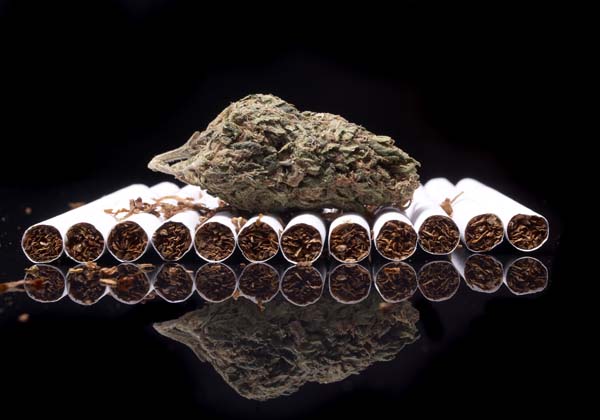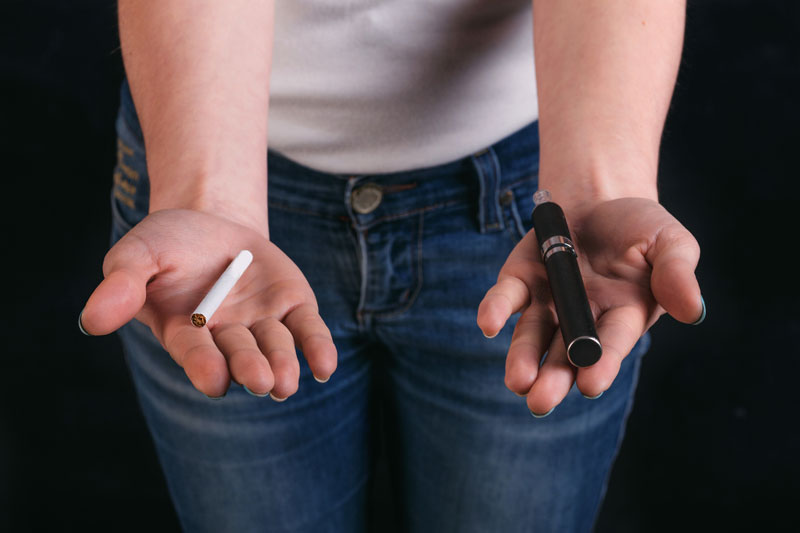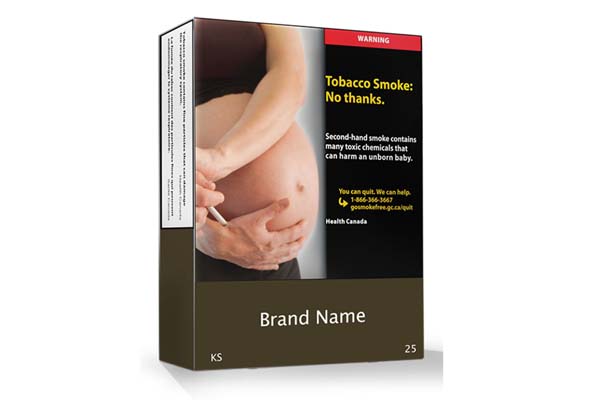 Hoffmann Neopac, a global provider of plastic and metal packaging, has acquired CM Packaging in Dronten, Netherlands, for an undisclosed sum. As of Jan. 1, 2020, the company intends to operate as a single entity.
Hoffmann Neopac, a global provider of plastic and metal packaging, has acquired CM Packaging in Dronten, Netherlands, for an undisclosed sum. As of Jan. 1, 2020, the company intends to operate as a single entity.
Hoffmann Neopac is also investing in a three-piece can making line at CM Packaging.
Andreas Geiger, former CTO of Hoffmann Neopac, will assume leadership of the metal packaging division as managing director. The overall sales team will be led by Tomas Pivko, currently head of sales, tins at Hoffmann Neopac. The three owners of CM Packaging will remain with the company.
“The team at CM Packaging has been a tremendous partner through the years, and with them joining the Hoffmann Neopac family we now have a production site in the EU in the metal sector and can also successfully implement our internationalization in this area,” said Mark Aegler, CEO of Hoffmann Neopac.
“The acquisition of CM Packaging by Hoffmann Neopac will combine the clear strengths of both companies and improve our position in an increasingly challenging market,” said Herbert van de Beek, sales and marketing director of CM Packaging. “It will also further strengthen our service and development power, which is a benefit to our customers.”










